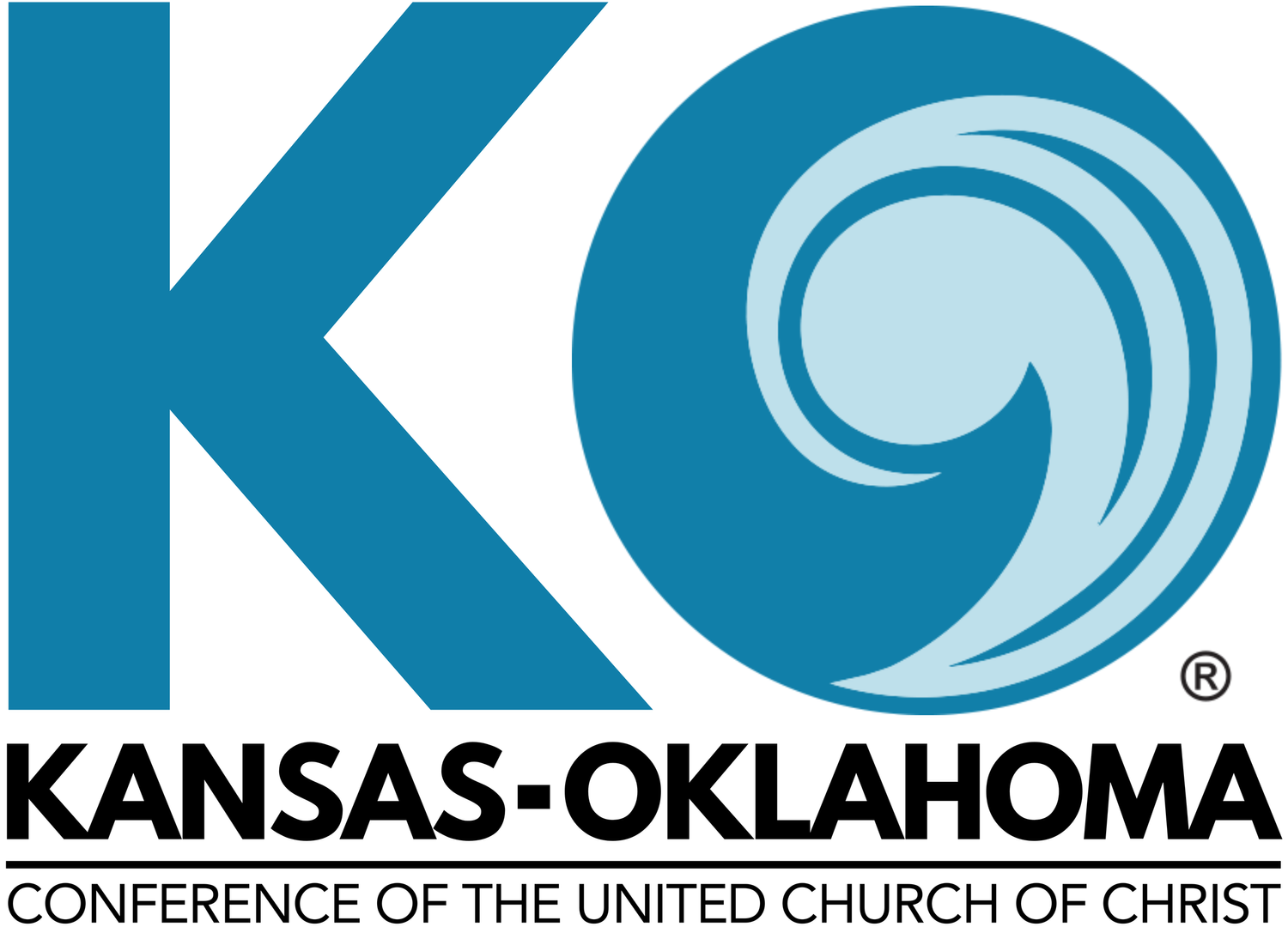Justin DaMetz and the Certificate in Youth and Theology
Anyone who has spent any time at all engaged in church youth ministry knows that it can feel like a big plunge into the deep end of the pool, a plunge that at times feels like has come fully equipped with weights and anchors to drag you right down to the bottom. Youth ministry is simultaneously rewarding, and extremely difficult. It becomes very easy to feel overwhelmed with the task of nurturing the spiritual lives of young people, and, at times, even feel very alone in that work.
Going into a full-time role with children’s and youth ministry at Fellowship Congregational UCC in Tulsa last summer, I knew from past proximity that this could be true. I was aware that, having never done this kind of work before, that finding opportunities both for learning and for building connections was going to be crucial to success, for me and for the church. So, when I became aware of the opportunity to enroll in the year-long Certificate in Youth and Theology offered by Princeton Theological Seminary’s Institute for Youth Ministry, I jumped at the opportunity. And I was blessed enough that my church also thought this an important thing for me to do as a new member of the team; throughout the course, I had the church’s full support.
The Certificate is a fully-online, asynchronous certificate program that explores the theological dimensions of youth ministry in local church settings. Anchored by video lectures given by some of the most important voices in practical theology and ecclesiology – people like Kena Creasy Dean and Andrew Root – and offering a cohort-based model of feedback and community, the program has the goal of helping those engaged in youth ministry “reflect deeply on the practice of youth ministry and build community with other committed leaders from around the world.” Staff at the seminary’s Institute for Youth Ministry lead the program, providing feedback on assignments and coordinating conversations and other opportunities for cohort members, including a Discord chat group that encourages conversation and relationship-building, even after the course ends.
The program is oriented around four month-long asynchronous courses: Biblical Foundations for Youth Ministry, Theological Questions in Youth Ministry, Worship and the Christian Life, and Youth Pastor as Person. Administered online through the seminary’s D2L learning platform, each course offers video lectures, discussion posts, readings, and projects that encourage learners to engage their own specific context theologically. Through the course, we read and discussed texts from a wide variety of Christian thinkers, including Dietrich Bonhoeffer, whose time as a youth pastor in 1930’s Germany was the central focus of the second course. In addition to the course work, regular cohort fellowship opportunities were offered via Zoom, as opportunities for the 20 or so people enrolled to get to know one another, share about our life in ministry, and provide feedback and support to one another. Through this, I was able to meet others doing youth ministry, in a variety of denominational settings and across the globe (including a cohort member joining us from Dubai!)
While not ordained myself, I do have a degree from Garrett Evangelical Theological Seminary, in theology and ethics. The work of theology – reading, writing, thinking, conversing, and acting – is my great passion in life, and the opportunity given me by FCUCC to put that into practice as a career was a great gift. But, as you can imagine, oftentimes youth ministry becomes less about ministry, and more about logistics: how many snacks should we keep on hand, how do we get this many youth to this event, what are we going to do about that broken light fixture in the youth room, etc. That work is rewarding in its own right, and often primary (after all, we may only see our youth for a couple of hours total each week) but it’s not why many of us do youth ministry. The greatest gift the Certificate in Youth Ministry program gave me was the opportunity to take the theological work I had done and am passionate about, and learn how to apply it to my context of youth ministry in Tulsa, Oklahoma. It made me stop and re-engage the theological tools I gained in seminary in a way that benefits my church and the youth I minister to.It helped me build a network of peers doing the same work I am, and the means to engage with them as a network of support. I couldn’t have asked for a better way to dive into youth ministry.
For more about the Certificate in Youth and Theology offered by Princeton Theological Seminary’s Institute for Youth Ministry: The Certificate in Youth and Theology - The Institute for Youth Ministry (ptsem.edu)

